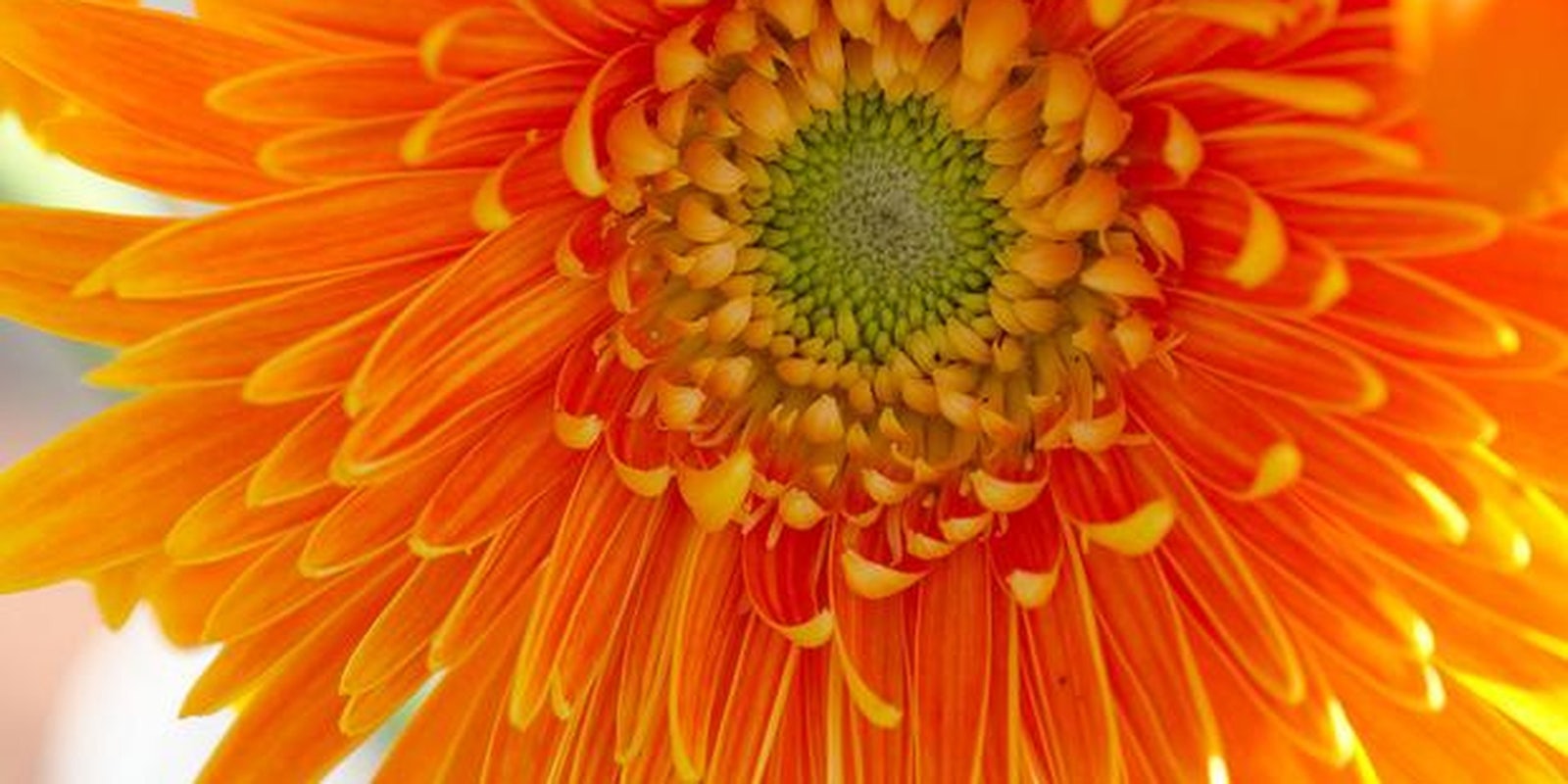Of all the body parts that you’re supposed to be detoxing at this time of year, you might think that your uterus would escape the list. Yet according to Tiara Janté’s recent glowing review on XoNecole.com, “womb cleanse pearls” are what your baby-maker really needs.
We thought we’d heard the last in bonkers ways to bother your lady parts when Gwyneth Paltrow’s “vaginal steaming” advice was dismissed by doctors last year as having no medical benefit. However, according to blogger Janté, womb detox pearls are “believed to cure ailments such as vaginal infections, endometriosis, foul odor and fibroids. They have even been reported to result in vaginal tightening!” To reap these benefits, you apparently need to insert the small cloth bag of herbs into your vagina and then leave it there for three days.
Yes, three days.
Leaving aside that disturbing timescale for a moment, what exactly are in these pearls that we’re being encouraged to shove inside our sacred lady space? Embrace Pangea, the brand used by Janté, contains the herbs “osthol, rhizoma, motherwort, angelica and borneol.” But as a skeptic might point out, if you buy online, how can you even be sure this is what you’re actually getting?
And that’s just the first of the red flags. In a blog post on why womb cleanse kits are not only pointless but also dangerous, Canadian OB-GYN Dr. Jen Gunter wrote on her blog that “none of the claimed contents have been tested for vaginal use. God knows what is in the ‘vaginal tightening’ pearls, but I imagine something caustic or drying—both really bad.”
Gunter also pointed out that leaving anything, especially a wad of damp mesh, in the vagina for three days runs the risk of infection and toxic shock syndrome (a rare but fatal condition associated with leaving tampons in for too long). She also dismisses the claim that excess discharge is a sign the pearls are working, explaining:
The vagina makes excess discharge when there is A) irritation B) infection C) an absence of good bacteria. This discharge isn’t some toxic swill that the vagina was hiding that only the “pearls” could release, it’s a sign that these “pearls” are damaging.
So, what’s in these pearls? In the description for Seanjari Preeti vaginal pearls, another brand of womb cleanse kits, it merely says that the contents of the pearls are “extracted from Chinese herbs.” Anna Sutton, an acupuncturist who specializes in fertility, wrote in an email to the Daily Dot, “I have never heard of [womb cleanse kits] before and they don’t have a part to play in acupuncture or traditional Chinese medicine… Personally I would be very cautious about them.”
The Seanjari Preeti website claims that the pearls can clean out “feculence, sludge, scurf and caduceus cells.” Here’s what Dr. Gunter had to say about that:
“…None of your organs [need] a ‘detox’ because they have evolved to take care of themselves in partnership with the rest of your body. There is no such thing as a detox or a cleanse, they are fake terms used by snake oil salespeople.”
Secondly, some of the terminology employed is, shall we say, less than medically accurate. Seanjari Preeti references cleansing “sludge” or “scurf” from the vagina, although neither of those words is a medical term. But also, the only references to “caduceus cells” that we could find outside of the Seanjari Preeti website were in medical studies regarding ventricular dysfunction, where they are described as “heart-derived stem cells.” It sounds like someone got lost while navigating their way around the female body.
Nevertheless, Seanjari Preeti offers its kits on Amazon for a cool $125. The product is accompanied by the disclaimer “These statements have not been proven by the FDA. We do not diagnose, treat, cure or prevent disease.”
It was difficult for the Daily Dot to obtain a comment from the alternative medicine community on whether womb cleansing is a valid practice or not. Perhaps mindful of how Western medicine is often dismissive of alternative remedies, practitioners were reluctant to make a pronouncement on a method with which they were unfamiliar. However, it could be viewed as telling that, out of the three practitioners—including an herbalist on the Information Desk at the UK’s National Institute of Medical Herbalists—who did agree to speak to the Daily Dot, none of them had ever heard of internal womb cleanses.
Personally, the only place we’ll be placing a mesh bag of herbs is in a cup of tea.
Image via Yannis/Flickr (CC BY NC-SA-2.0)


